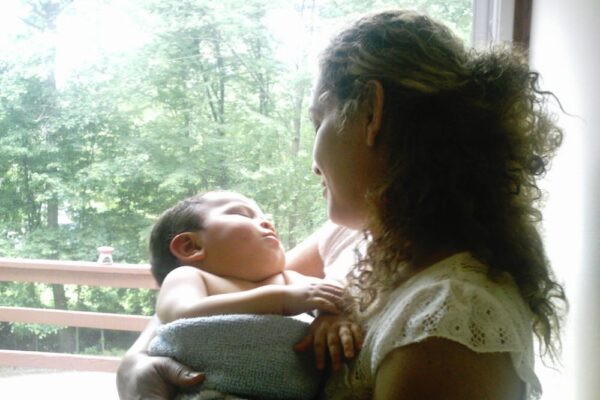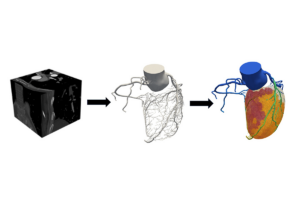When it rains, it pours. This well-known phrase summarizes the experiences of the Hispanic population during our current coronavirus pandemic. There is nothing inherent about Hispanic physiology, but accumulated lifelong disadvantages increase exposure to the disease. In fact, it is well known that Hispanics are more likely than non-Hispanic whites to experience health conditions tied to poverty, low levels of educational attainment, and inadequate retirement income.
In other words, Hispanics in our country are getting a one-two punch. But it doesn’t have to be this way. Solutions are not simple though. COVID-19 is the tip of the iceberg of vulnerability for Hispanics.
A vaccination is a solution to one small part of the package of health vulnerabilities, but that will not address the underlying sources of vulnerability of a population that faces disadvantages at multiple levels. What it will take is a social movement to make this issue and many others facing Hispanic families a national priority.
One of the consequences of COVID-19 and a key issue facing states nationwide are significant economic and educational disparities as the Hispanic population continues to grow and evolve.
Research clearly demonstrates that societal factors, not just clinical care, are key for Hispanics to achieve healthy aging. Those factors that place Hispanics at higher risk of diabetes, obesity and hypertension are linked to social factors and experiences that increase income and wealth inequality. For older Hispanics and especially Mexican Americans, this leads to increased levels of dependency on their family members for care and support.
What we have also learned is that better education has a protective health effect by giving the brain more capacity, creating a cognitive reserve to postpone dementia. Understanding how the timing of exposure to early life risk factors, such as interrupted education, influences brain health may illuminate mechanisms driving adult Hispanic health inequalities and identify possible points for effective interventions. Recognizing cognitive aging as developing across the life course also has implications for public health behavioral change programs.
COVID-19 has accentuated the disparities in access for Hispanics. Although education levels have improved over the years, the pandemic has shifted this responsibility to families. A lack of access to technology and achievement gaps contribute to Hispanic students struggling to engage in online learning. In fact, according to a Los Angeles Times survey, 33 percent of middle school students and 27 percent of high school lacked computers and internet access. Such homework gaps could be devastating to generations of students to come and for our labor force.
Ultimately, what can help Hispanics and their families are the very solutions that can benefit all Americans and their families: a robust social safety net that addresses the social determinants of health.
First, and foremost, what we need is a commitment from Congress to invest in the nation’s health. We need to create a universal system of health care coverage, closing the coverage gap for almost 28 million uninsured Americans, 10.6 million Hispanic working-age adults, and 4.1 million uninsured children, 1.6 million of whom are of Hispanic origin.
We need legislation aimed to reduce disparities in housing, especially since home ownership is the major source of wealth for most low- and middle-income minority and immigrant families. Federal funding could expand down-payment assistance for mortgages, tax credits, and vouchers for rental assistance to foster homebuying and financial security.
Such housing policies would also strengthen low-opportunity neighborhoods and school districts. State and local governments can create new and innovative community assets — like affordable adult day and child care services — that are critical resources to improve intergenerational relations, health and well-being, as well as the academic success of generations to come.
Undeniably, once the pandemic passes, the economy will need the essential workers who were most disadvantaged — low-income African Americans and Hispanics — and with the nation slated to be a majority-minority society, we must assure all Americans that regardless of the vagaries of pandemics, unemployment, poverty and natural disasters, they will not face the dilemmas that we have seen with older Hispanics and their families.
Jacqueline L. Angel is a professor of sociology and public affairs at The University of Texas at Austin.
Juan Fernando M. Torres-Gil is a professor and director of the Center for Policy Research on Aging at the University of California, Los Angeles.
A version of this op-ed appeared in the Lubbock Avalanche Journal and the Abilene Reporter News.




